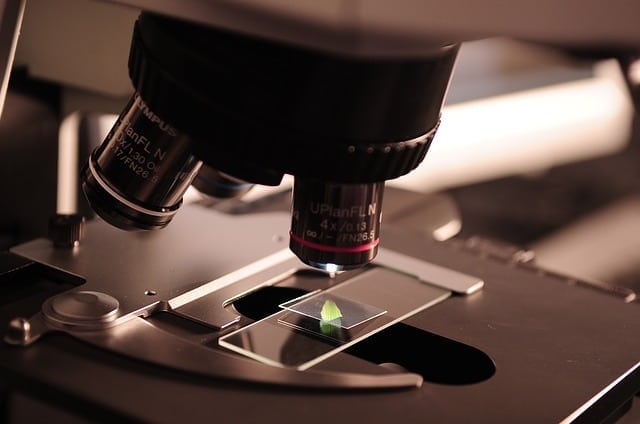With the recent publication of the legislative Leviathan that is the Common Agricultural Policy, one would be forgiven for having missed the launch of other key policy proposals with significant budgetary weight. On 6 June the European Commission’s Directorate General for Research and Innovation launched its framework programme “Horizon Europe”, the successor to the widely-known Horizon 2020, which represents 7 years’ worth of research and innovation funding aimed at improving the competitiveness and sustainability of the EU economy.
[tweetshare tweet=”Research and Innovation is one of the few areas given a boost in this 7-year EU budget” username=”EuropeanSeed”]
In a (likely!) post-Brexit EU, most were expecting a reduction in funding across several policy areas. But there is an exception: research and innovation spending hasn’t just managed to retain its existing budget, it’ll see an almost 60% increase from EUR 60 billion 2014-2020 to almost EUR 100 billion for 2021-2028. Why? Because ex-post analyses of the impact of the EU’s framework programmes show time and time again that research and innovation spending is an investment, and the success of Horizon 2020 and its contribution to creating growth and jobs needs to be harnessed and further boosted.
Research and innovation in the wider agricultural sector still lags behind other sectors such as information technology or energy, receiving around 6% of the budget under Horizon 2020. However, there are signs that the Commission is taking the sector more seriously this time around, with a commitment to ringfence EUR 10 billion for research into food, agriculture, rural economy and bioeconomy (as compared to around €3.5bn under Horizon 2020). Whilst cynically this is an attempt from the Commission to compensate DG AGRI for cuts to the CAP budget, it presents an opportunity for our sector to promote its role in contributing to a sustainable and competitive agri-food system.
Whilst ESA will work on input into the Horizon Europe proposals, the real work really comes by providing input into the Work Programmes. These outline the specific topics and specific project calls for which funding will be granted, and it is here that we need to combine our efforts to ensure that significant parts of that EUR 10 billion and further funds are directed towards research and innovation which is relevant and interesting for ESA members.
[tweetshare tweet=”EU projects are a way for ESA to build networks, collaborate, and ultimately influence EU policy” username=”EuropeanSeed”]
Previously, the plan was for projects funded under the framework programmes to implement existing policy objectives; however, in an age of “fake news” and competing studies, EU-funded projects are increasingly an attractive source of evidence to steer and define future policy objectives. This is fairly evident from some of the recent calls for projects, such as “Innovations in plant variety testing” which picks up from the abandoned discussions on plant reproductive material, “New Plant Breeding Techniques (NPBT) in molecular farming” which address latest methods in plant breeding, or “A joint breeding programme to decrease the EU and China’s dependence on protein imports” to feed into the upcoming protein strategy.
ESA has only really recently begun participating in these projects, and projects are selected according to agreed ESA policy priorities, in consultation with the relevant Working Groups or Sections. By participating in projects, we have the opportunity to shape the direction of projects and thus ultimately the direction of policy, rather than merely criticizing from the sidelines and engaging later in the process once proposals are already well-developed. This can be challenging since calls can be unwanted – take the above-cited call on “Innovations in plant variety testing” which ESA had objected to when it was first proposed by the Commission. Opposition got us nowhere and now the call has been launched, so we have taken the ambitious decision to engage with and steer the project, even if this means sometimes gritting our teeth and compromising.
The other benefit of project participation is the opportunity to work alongside new and diverse partners as part of the same team. The BRESOV project, which ESA is a partner in, responds to call “Organic breeding – Increasing the competitiveness of the organic breeding and farming sectors” – a topic which brings together many differing opinions among stakeholders. In addition to working to keep partners’ minds open about different breeding methods which may be used in the organic sector, we are now working side by side with organic research institutes and stakeholders with whom our previous contact has been fairly limited, allowing us to have meaningful discussions and find common ground.
Editors Note: Kate Wilson is Manager Public Affairs at the European Seed Association in Brussels, Belgium.










